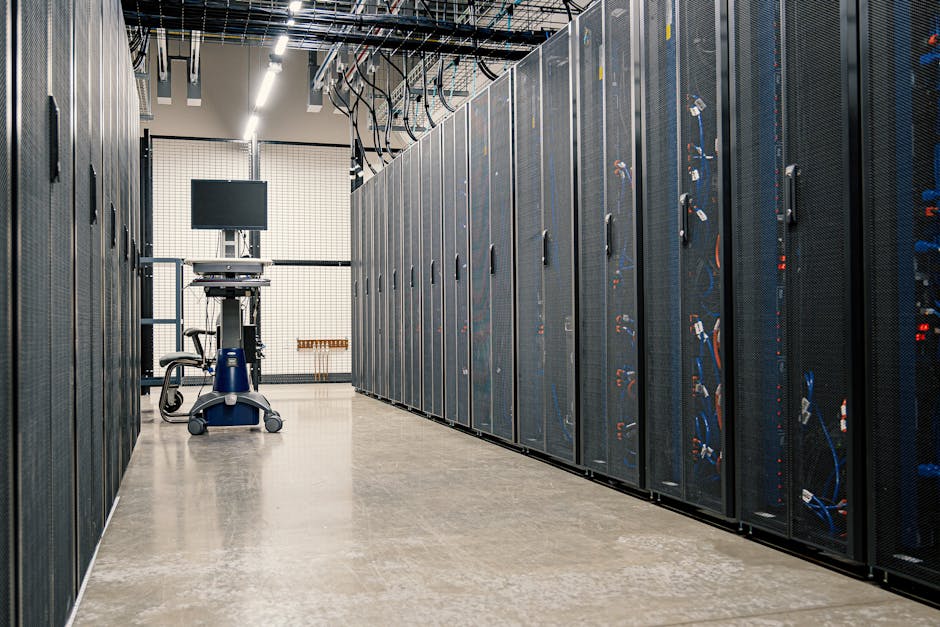
The Role of Fiber Companies in Africa’s Smart City Initiatives
Fiber companies are playing a vital role in Africa’s smart city initiatives, providing the necessary infrastructure for the development of smart cities. The concept of smart cities is becoming increasingly popular in Africa, with many countries investing heavily in the development of smart cities. Smart cities are designed to be efficient, sustainable, and livable, with a strong focus on the use of technology to improve the quality of life for citizens.
One of the key components of a smart city is a reliable and efficient telecommunications network. Fiber optic cables are the backbone of any telecommunications network, providing the necessary infrastructure for the transmission of data, voice, and video communications. Fiber companies are responsible for designing, building, and maintaining these networks, ensuring that they are reliable, efficient, and scalable.
In Africa, fiber companies are working closely with governments, municipalities, and other stakeholders to develop the necessary infrastructure for smart cities. They are investing heavily in the deployment of fiber optic cables, building data centers, and providing a range of telecommunications services. This investment is not only providing the necessary infrastructure for smart cities but also creating jobs, stimulating economic growth, and improving the quality of life for citizens.
Some of the key benefits of fiber companies in Africa’s smart city initiatives include improved connectivity, increased efficiency, and enhanced sustainability. Fiber optic cables provide fast and reliable connectivity, enabling citizens to access a range of services, including education, healthcare, and financial services. Fiber companies are also working to increase efficiency in smart cities, by providing the necessary infrastructure for the development of smart grids, smart transportation systems, and other smart city applications.
Fiber companies are also playing a key role in enhancing sustainability in smart cities. By providing the necessary infrastructure for the development of renewable energy sources, such as solar and wind power, fiber companies are helping to reduce the carbon footprint of smart cities. They are also working to reduce energy consumption, by providing the necessary infrastructure for the development of energy-efficient buildings and smart homes.
Examples of fiber companies that are playing a key role in Africa’s smart city initiatives include Liquid Telecom, MTN, and Vodafone. These companies are investing heavily in the deployment of fiber optic cables, building data centers, and providing a range of telecommunications services. They are also working closely with governments, municipalities, and other stakeholders to develop the necessary infrastructure for smart cities.
In conclusion, fiber companies are playing a vital role in Africa’s smart city initiatives, providing the necessary infrastructure for the development of smart cities. Their investment in the deployment of fiber optic cables, building data centers, and providing a range of telecommunications services is not only providing the necessary infrastructure for smart cities but also creating jobs, stimulating economic growth, and improving the quality of life for citizens.




